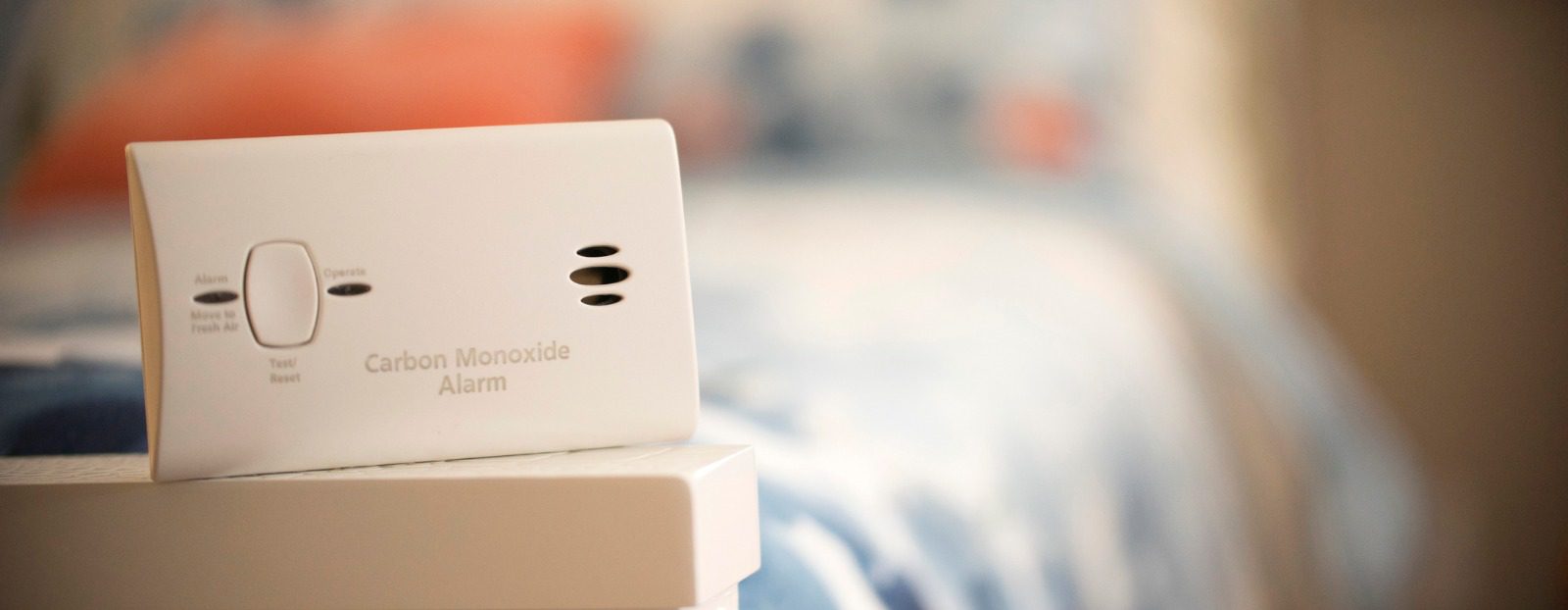A vast majority of the older homes throughout Gainesville rely on gas lines to supply heat. While it may be warm enough during the day throughout the year to survive without gas heating, the winter months can be a concern, especially at night when temperatures dip to freezing or below. Most gas line issues aren’t noticed until that first cold snap, and then you’re left to shiver through the night. To stay safe this holiday season, follow these gas safety tips from Gainesville plumbers with Quality Plumbing of Gainesville Inc., and avoid gas-related mishaps.
Avoid DIY Repairs
It’s not uncommon for homeowners to attempt their own Do-It-Yourself (DIY) repairs when an appliance inside the house begins to falter. While fixing a leaking faucet or off-balance washer is a good way to save money, gas appliances should only be worked on or moved by professional plumbers. If a gas line is improperly disconnected, there’s a high probability of a gas leak, which is dangerous for everyone inside of the home.
Know The Signs Of A Gas Leak
Natural gas is an incredibly efficient and safe form of energy production and when used properly the potential dangers are nearly nonexistent. Unfortunately, appliances and gas lines can fail, resulting in dangerous leaks that are highly flammable and deadly when inhaled. Natural gases, such as carbon monoxide (CO), are odorless and colorless, making them hard to detect. Common signs that a gas leak are occurring include the following.
- Rotten Eggs Smell: While natural gases are odorless, gas companies typically add foul-smelling chemicals known as odorants to make a gas leak more apparent to residents. If a strong smell of sulphur or rotten eggs is noticed, then a gas leak is likely.
- Bubbling Water: Standing water, such as ponds or mud, that bubbles may be a sign of a natural gas leak occurring beneath the surface. If gas is rising through the soil, there’s potential it may be polluting local water sources as well as the outdoor air.
- Hissing sounds: If a gas appliance continues to hiss after it has been turned off, then it’s likely there’s a gas leak. Ensure that appliances are turned off completely after use, and seek out the assistance of a Gainesville plumbing company if hissing is heard.
- Abnormal Physical Symptoms: Natural gases are toxic to both humans and animals, and breathing in even a small amount can lead to severe complications. If headaches, dizziness, fatigue, nausea, memory issues, loss of consciousness, or breathing trouble occur, evacuate the home immediately and contact a healthcare professional.
- Increased gas usage: Fluctuations in gas usage throughout the year aren’t uncommon, but unexpected increases can be a sign of a gas leak. One of our plumbers in Gainesville, FL can help identify hidden leaks in or around a home.
Implement Safe Gas Use Practices
Understanding how to properly handle a gas leak can be the difference between a mild inconvenience and a major disaster. Keep flammable materials, such as loose papers and cleaning materials, away from all gas appliances, and a fire extinguisher in the kitchen at all times. In the event a gas leak does occur, turn off electronic devices and refrain from using open flames (such as the stovetop, fireplace, or smoking), as sparks or changes in electrical current may cause the gas to combust. Homeowners should also know where the gas shut-off valve is located — if you suspect a leak, shut off the gas line until emergency plumbing services can be employed.
Perform Routine Maintenance
In many cases, a heating system experiences failure due to poorly maintained parts and a lack of general care. Routine repairs give a home’s heating system a better chance to run throughout the winter. Don’t wonder whether your heating system will last through the cold — gain peace of mind by scheduling gas line repair gas system inspection. Contact our plumbing company in Gainesville, FL today!
